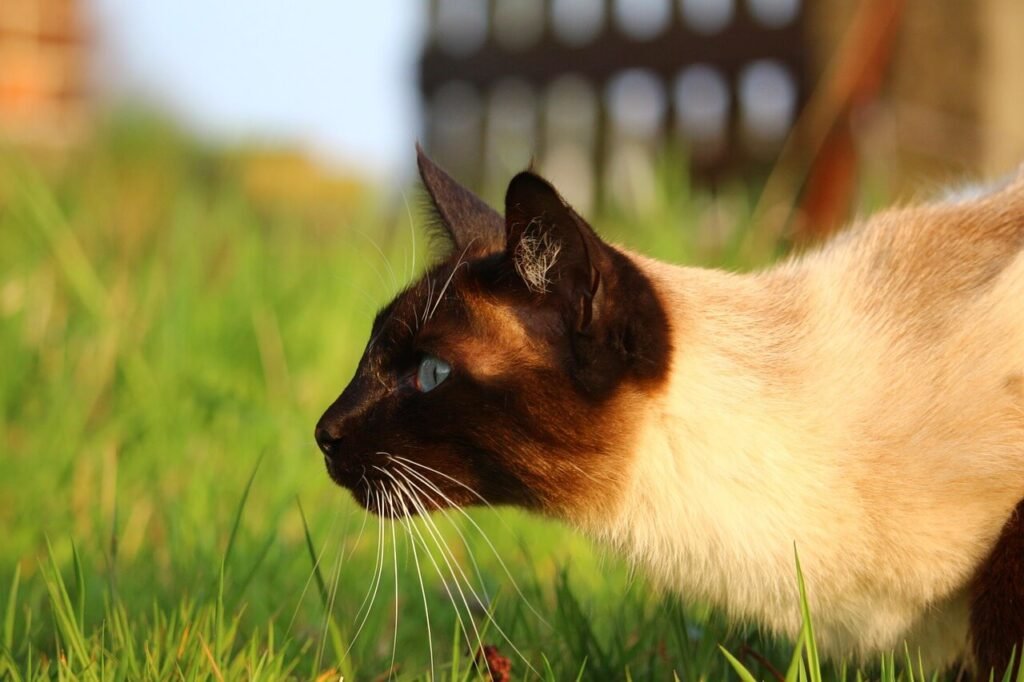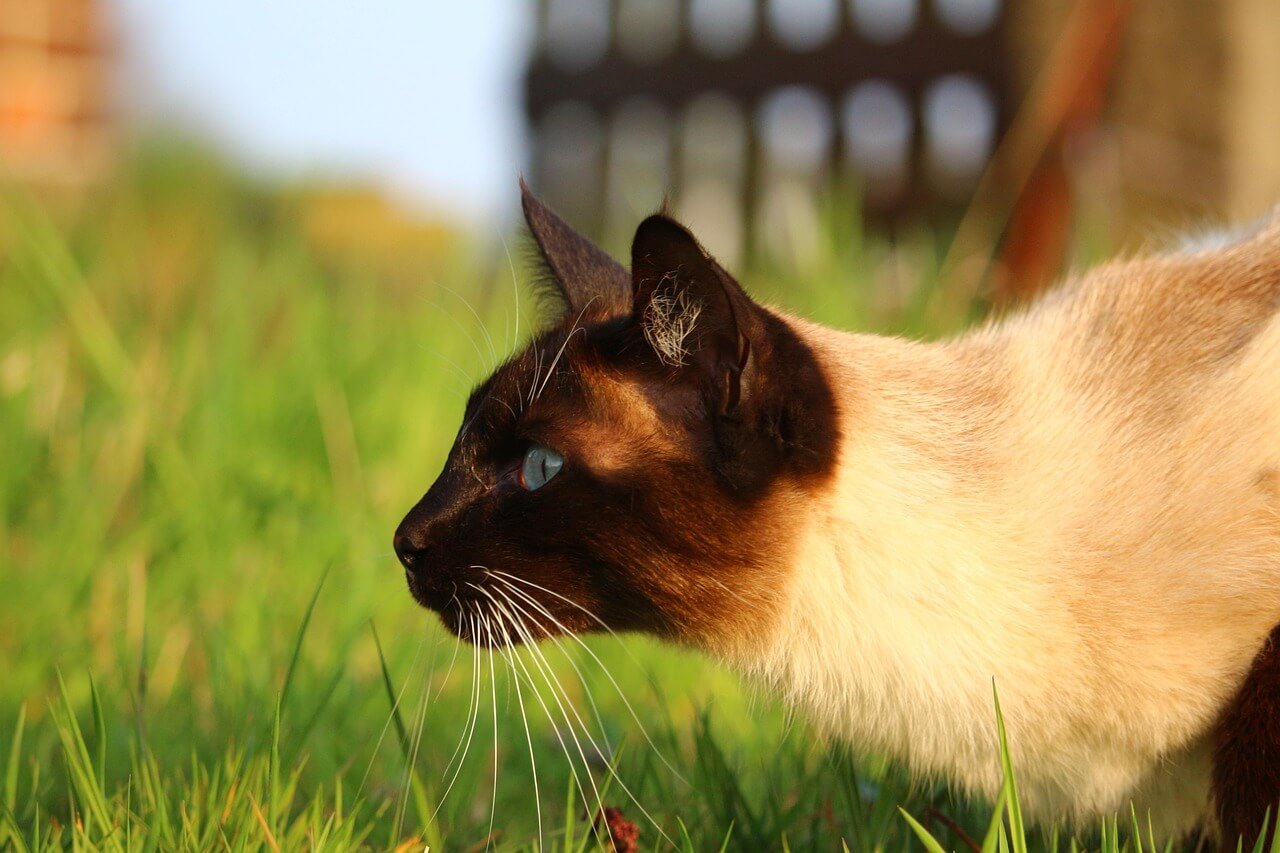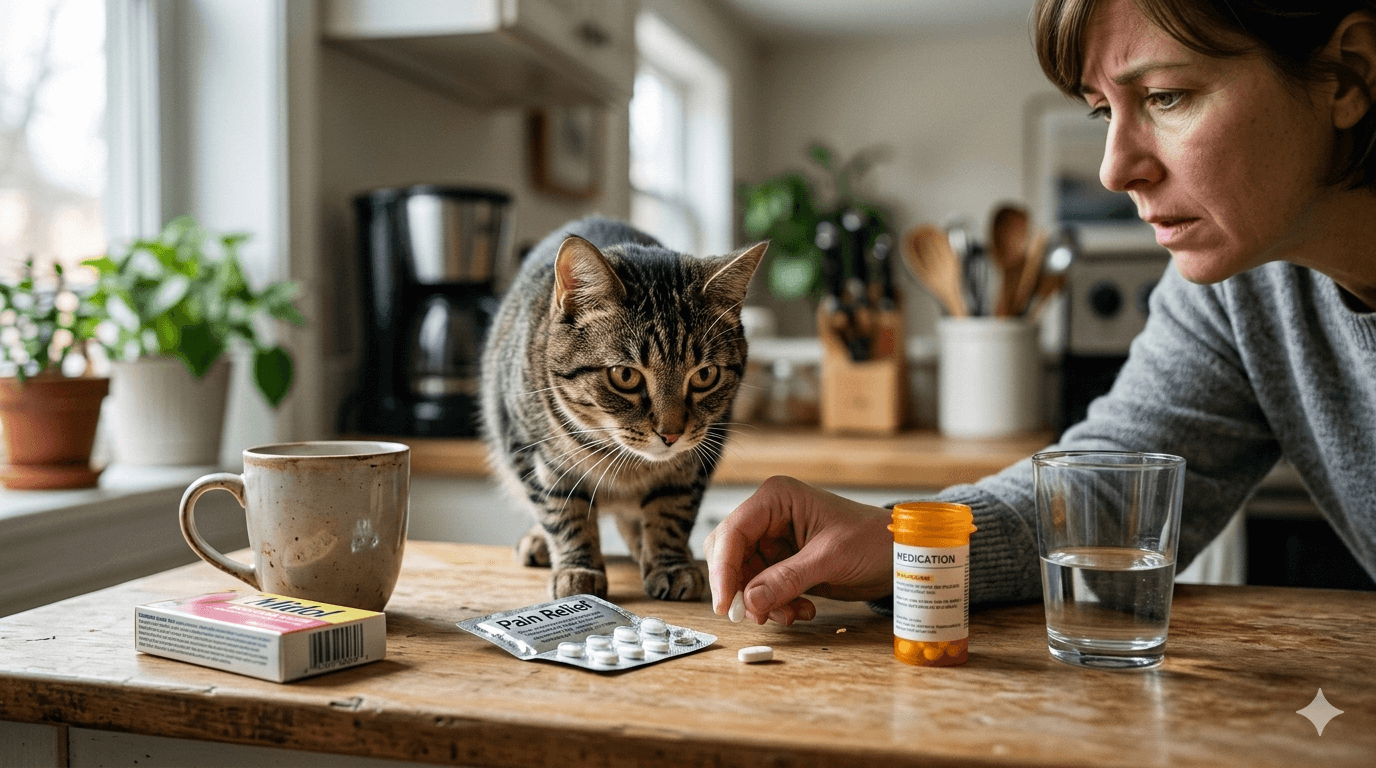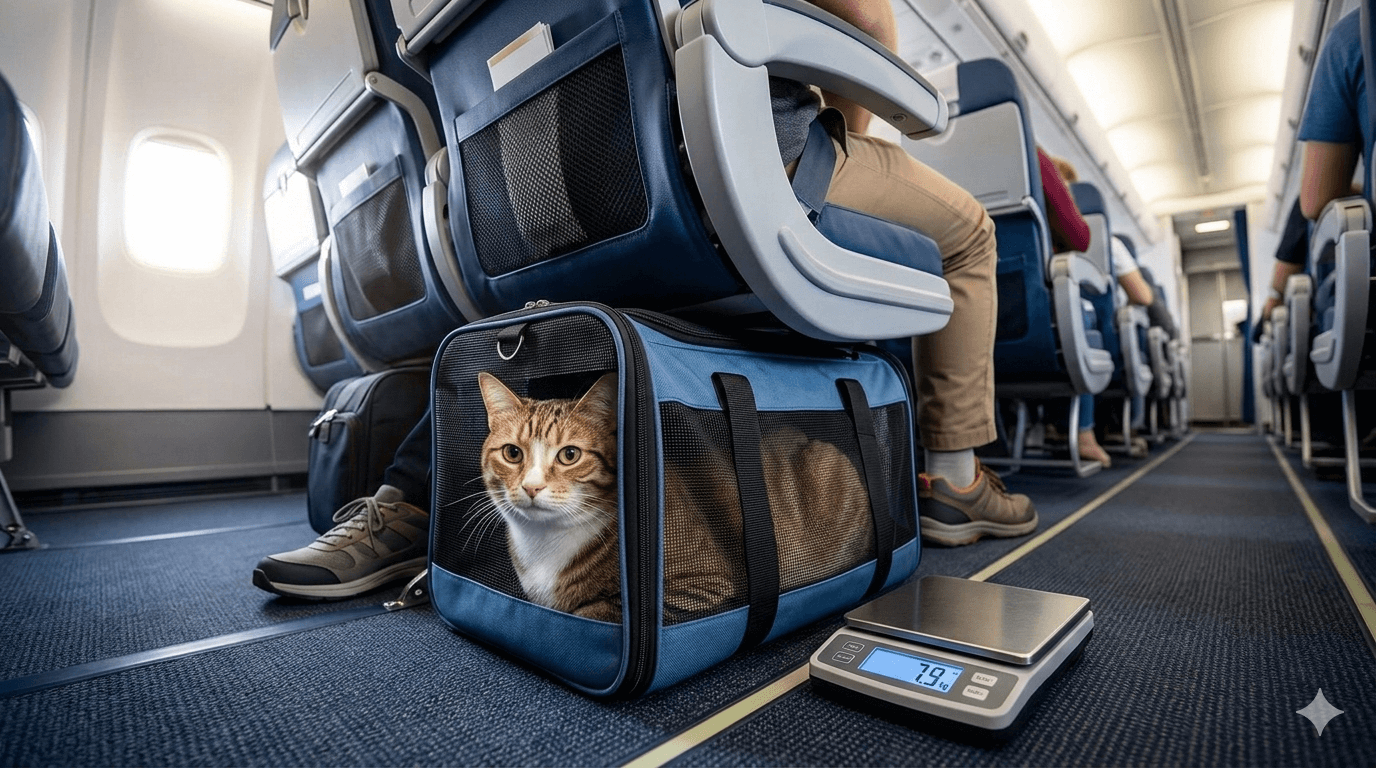How Do I Know If My Cat Is Constipated? Understanding the Signs and Solutions
Constipation is a common issue that many cats experience at some point in their lives. While it might seem like a minor inconvenience, prolonged or severe constipation can lead to discomfort and even more serious health problems if left untreated. As a loving cat owner, it’s important to recognize the signs of constipation early so you can take steps to help your feline friend feel better. But how do you know if your cat is constipated? In this article, we’ll explore the symptoms, causes, and remedies for constipation in cats, as well as tips for prevention. By the end, you’ll be equipped with the knowledge to ensure your cat stays happy, healthy, and regular.
Spotting the Red Flags: Common Symptoms of Constipation in Cats
Cats are masters at hiding discomfort, but there are several telltale signs that can indicate your cat is struggling with constipation. Paying attention to these behaviors will help you identify the issue early and seek appropriate care.
Infrequent Bowel Movements :
If your cat hasn’t had a bowel movement in more than two days, it could be a sign of constipation.Straining in the Litter Box :
Cats may spend an unusually long time in the litter box, appearing to strain without producing much stool.Small, Hard Stools :
When your cat does defecate, the stools may be dry, hard, and smaller than usual.Vocalizing During Defecation :
Some cats meow or cry while trying to pass stool, signaling pain or discomfort.Loss of Appetite :
Constipated cats often lose interest in food due to abdominal discomfort.
If you notice any of these signs, it’s important to monitor your cat closely and consult your veterinarian if the problem persists. Early intervention can prevent complications and keep your cat comfortable.
What Leads to Constipation? Understanding the Root Causes
Constipation in cats can stem from a variety of factors, ranging from dietary issues to underlying medical conditions. Identifying the cause is crucial for addressing the problem effectively.
Dehydration :
Insufficient water intake can lead to dry, hard stools that are difficult to pass.Lack of Fiber :
A diet low in fiber may not provide enough bulk to stimulate regular bowel movements.Hairballs :
Accumulated hair in the digestive tract can block normal stool passage.Obesity or Inactivity :
Overweight cats or those with sedentary lifestyles may experience sluggish digestion.Underlying Health Issues :
Conditions like arthritis, kidney disease, or megacolon can contribute to chronic constipation.
Understanding these potential causes can help you make informed decisions about your cat’s care. Addressing the root issue often leads to faster and more effective relief.
Check this guide 👉Cat Food for Constipation: Best 7 Expert Tips!
Check this guide 👉Cat Constipation Home Remedies: Best 7 Expert Tips!

Signs of Constipation | Possible Causes |
|---|---|
Infrequent bowel movements | Dehydration |
Straining in the litter box | Lack of fiber in the diet |
Small, hard stools | Hairballs |
Vocalizing during defecation | Obesity or inactivity |
Loss of appetite | Underlying health issues like megacolon |
Easing Discomfort: Tips to Relieve Constipation in Cats
If you suspect your cat is constipated, there are several steps you can take at home to help them feel better. However, always consult your vet if the problem persists or worsens.
Increase Hydration :
Encourage your cat to drink more water by providing fresh water daily or using a cat water fountain.Switch to a High-Fiber Diet :
Gradually introduce wet food or fiber supplements to soften stools and promote regularity.Groom Regularly :
Brush your cat’s fur frequently to reduce hairball formation.Encourage Exercise :
Play with your cat using interactive toys to stimulate digestion and improve muscle tone.Use Vet-Approved Laxatives :
For mild cases, your vet may recommend safe laxatives or stool softeners designed for cats.
These strategies can often alleviate constipation, but remember that persistent or severe cases require professional veterinary attention. Always prioritize your cat’s health and comfort.
Staying Ahead: Tips to Keep Your Cat Regular and Healthy
Prevention is always better than cure when it comes to constipation. By incorporating these habits into your cat’s routine, you can reduce the risk of future episodes.
Provide Fresh Water Daily :
Ensure your cat has constant access to clean, fresh water to stay hydrated.Feed a Balanced Diet :
Choose high-quality cat food that includes adequate moisture and fiber content.Schedule Routine Vet Check-Ups :
Regular vet visits can help detect and address potential health issues early.Maintain a Stress-Free Environment :
Minimize stressors in your cat’s life, as anxiety can impact digestion.Monitor Litter Box Habits :
Keep an eye on your cat’s litter box behavior to catch any irregularities quickly.
By adopting these preventive measures, you can help your cat maintain a healthy digestive system and avoid the discomfort of constipation.
Steering Clear of Pitfalls: What Not to Do When Your Cat Is Constipated
When dealing with a constipated cat, it’s easy to make well-intentioned mistakes that could worsen the situation. Knowing what not to do is just as important as knowing the right steps to take. Avoid these common errors to ensure your cat’s comfort and safety.
Forcing Your Cat to Eat Fiber-Rich Foods :
Sudden dietary changes can upset your cat’s stomach—introduce fiber gradually under veterinary guidance.Ignoring Underlying Health Issues :
Assuming constipation is solely due to diet can delay diagnosis of serious conditions like megacolon or kidney disease.Using Human Remedies Without Approval :
Home remedies like olive oil or laxatives meant for humans can harm cats if used incorrectly.Waiting Too Long to Seek Help :
Delaying veterinary care for severe constipation can lead to complications like obstipation or dehydration.Overlooking Hydration Needs :
Simply switching to wet food isn’t enough—ensure your cat is drinking enough water daily.
By avoiding these mistakes, you can prevent unnecessary stress and complications for your cat. Always prioritize professional advice when in doubt.
Gentle Solutions: Natural Ways to Ease Your Cat’s Discomfort
If your cat is only mildly constipated, there are natural remedies you can try at home to help them feel better. These methods are safe and effective when used appropriately, but they should never replace veterinary care for severe cases.
Pumpkin Puree :
Plain, canned pumpkin adds fiber and moisture to your cat’s diet, aiding digestion.Probiotics for Cats :
Probiotic supplements can promote gut health and regulate bowel movements.Cat Grass :
Many cats enjoy nibbling on cat grass, which can help them pass hairballs or stool more easily.Warm Compresses :
Gently applying warmth to your cat’s abdomen may relax their muscles and encourage movement.Increased Playtime :
Short bursts of play can stimulate your cat’s digestive system and relieve mild blockages.
These remedies can provide relief for mild constipation, but always monitor your cat’s response. If symptoms persist, consult your vet for further assistance.
Red Flags: When Constipation Requires Immediate Attention
While occasional constipation is usually manageable, certain signs indicate a medical emergency. Knowing when to seek urgent care can save your cat from pain and potentially life-threatening complications.
Vomiting Alongside Constipation :
This could signal a blockage in the intestines requiring immediate treatment.Crying or Hiding Due to Pain :
Excessive vocalization or withdrawal may indicate severe discomfort or distress.Swollen Abdomen :
A bloated belly could point to a serious condition like obstipation or megacolon.No Bowel Movements for 3+ Days :
Prolonged lack of defecation requires veterinary evaluation to rule out blockages.Blood in Stool or Urine :
The presence of blood indicates irritation or injury that needs prompt attention.
If you notice any of these warning signs, don’t wait—contact your veterinarian immediately. Timely intervention can make all the difference in ensuring your cat’s recovery and well-being.
Frequently Asked Questions About Cat Constipation
How long can a cat go without pooping before it’s considered constipated?
Most cats should poop at least once every 24–48 hours. Anything longer may indicate constipation.
Can hairballs cause constipation in cats?
Yes, hairballs can block the digestive tract and lead to constipation.
Is it safe to give my cat human laxatives?
No, never give human medications to your cat without consulting a vet—they can be toxic.
What should I do if my cat is straining but nothing comes out?
Contact your vet immediately, as this could indicate a urinary blockage or severe constipation.
Can obesity contribute to constipation in cats?
Yes, overweight cats are more prone to constipation due to reduced activity and sluggish digestion.
Final Thoughts: Keeping Your Cat Comfortable and Constipation-Free
Constipation may be a common issue among cats, but that doesn’t mean it should be ignored. By recognizing the signs, understanding the causes, and taking proactive steps to address and prevent the problem, you can ensure your feline companion stays healthy and happy. Remember, your cat relies on you to notice changes in their behavior and provide the care they need. Whether it’s through dietary adjustments, increased hydration, or regular vet visits, your efforts will go a long way in keeping their digestive system running smoothly. So stay vigilant, trust your instincts, and don’t hesitate to seek professional advice when needed—because a comfortable cat is a happy cat!
Can I Give My Cat Midol? Best 7 Expert Tips! – Learn the risks, symptoms, and safe alternatives to keep your cat healthy and avoid toxic reactions.
Can I Give My Dog Midol? Best 7 Expert Tips! – Discover the risks, safe alternatives, and expert advice to keep your dog safe from accidental poisoning.
Maximum Weight for Cats on Planes: Best 7 Expert Tips! – Learn airline policies, tips to stay compliant, and ensure safe travels for your feline friend.
Max Weight for Dogs on Planes: Best 7 Expert Tips! – Discover airline weight limits, safe travel tips, and solutions for flying with your dog stress-free.





